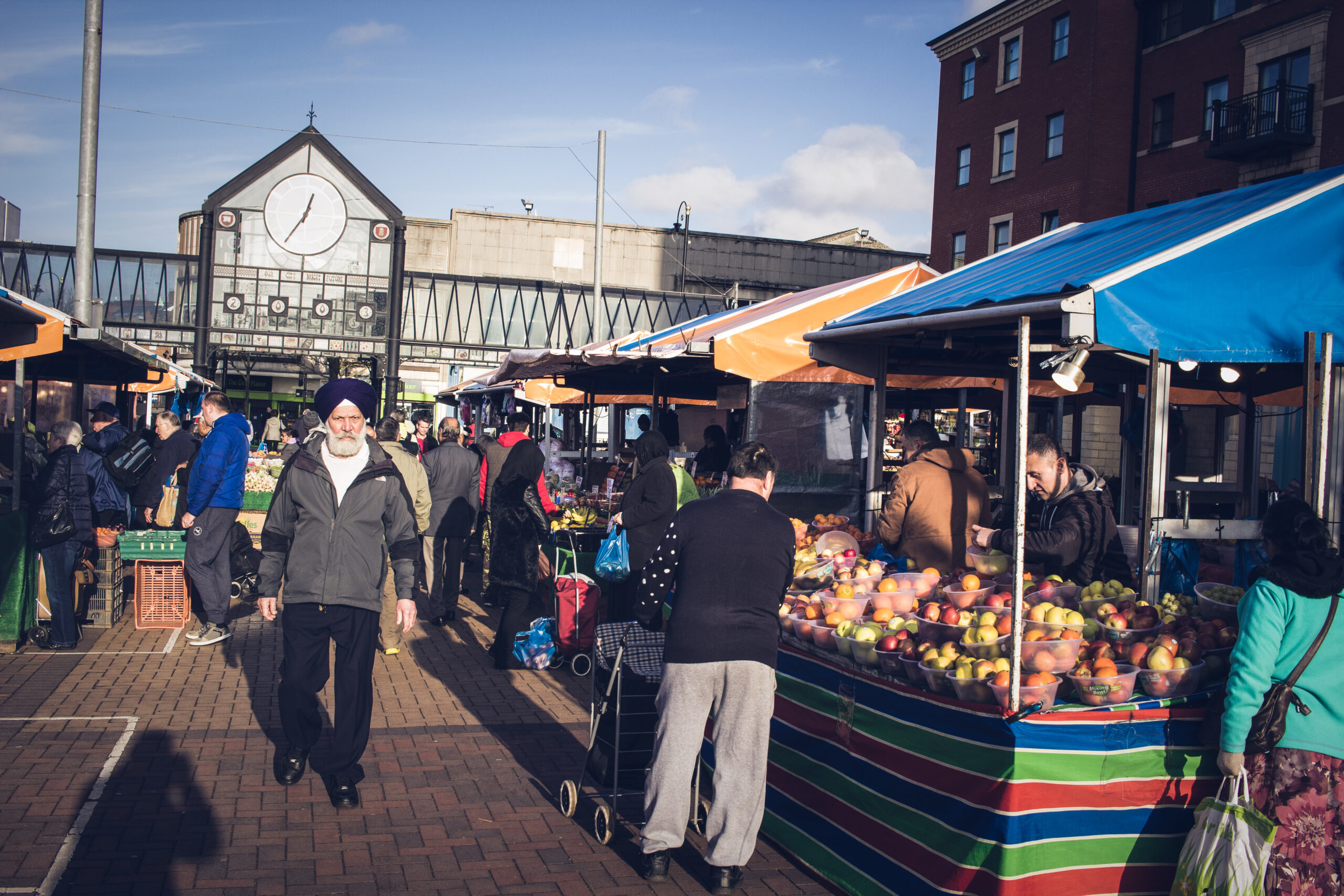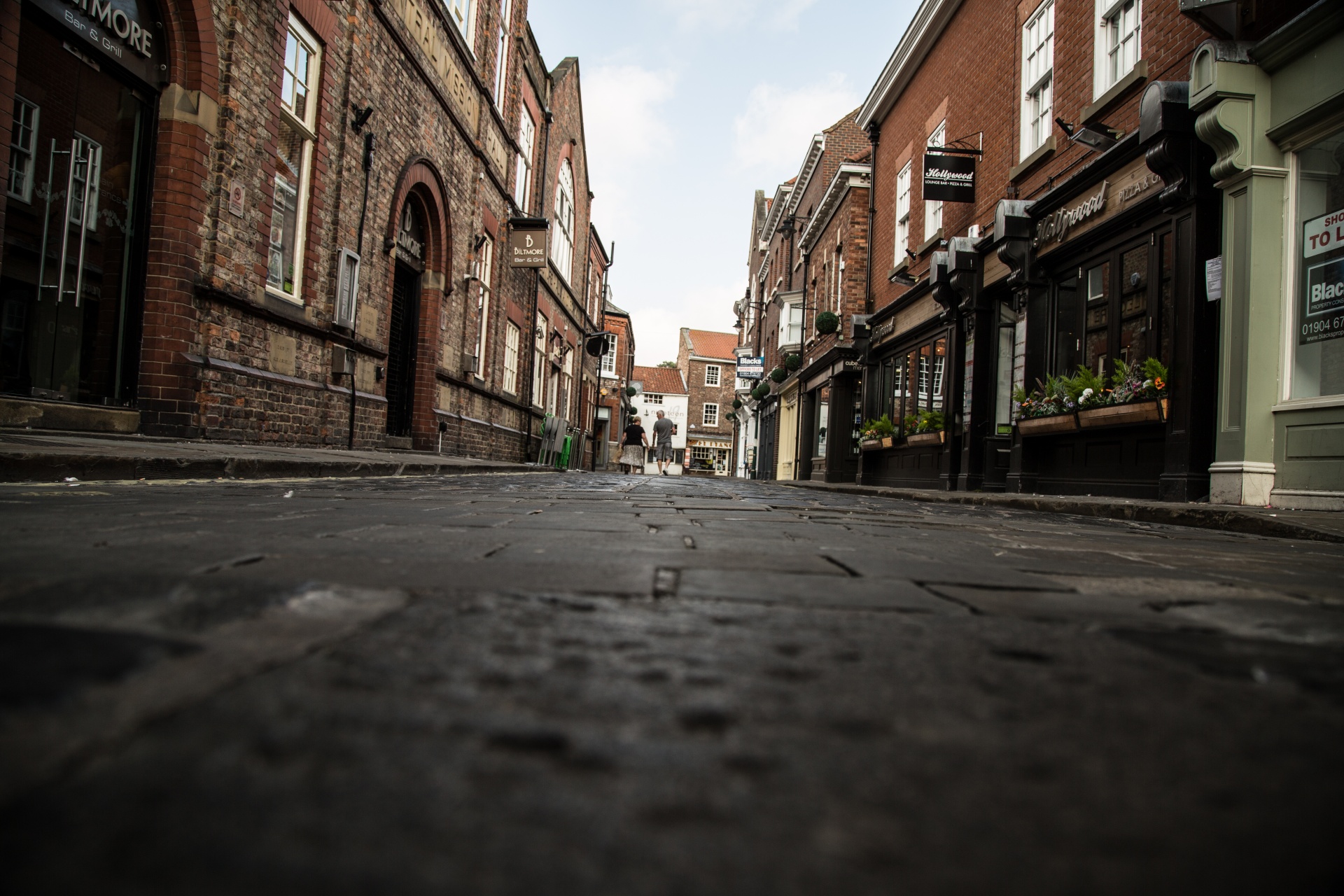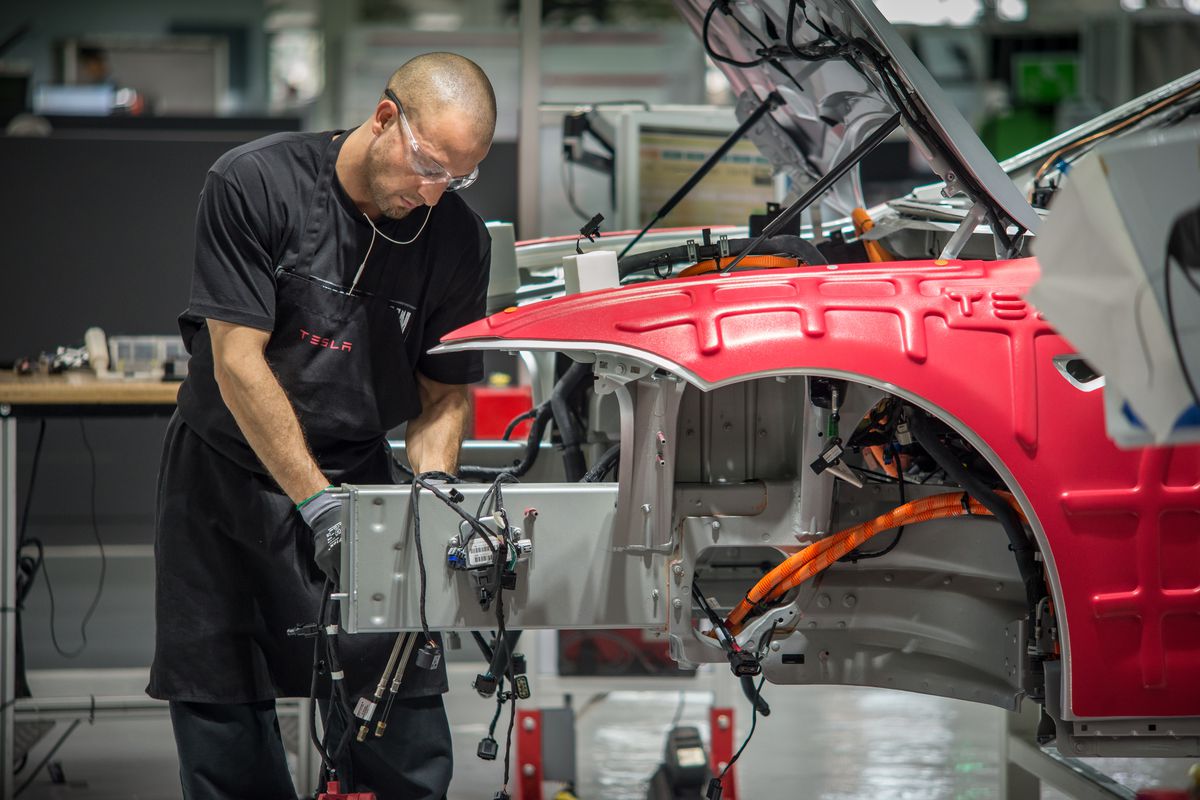From the UK to Peru, the state has played a key role in the response to Covid-19, creating a new normal in which governments decide who can enter and leave their homes, for how long and with whom. Unsurprisingly, this has generated a new understanding of the role of the state in health and welfare but in some cases governments have been reluctant to act, denying or delaying intervention.
In Brazil, under the leadership of Jair Bolsonaro, a clear aversion to intervention has emerged, one that goes against the standard protocol for most of the international community. Rather than promoting or mandating the use of masks, Bolsonaro has appeared in public without one and instead of imposing some form of lockdown, he has encouraged Brazilian citizens to continue venturing out into public and into shops.
Regardless of the repercussions for the president himself, who has now tested positive for covid-19, the effect on the country of Brazil has been staggering.
Brazil is now second only to the US in their number of cases and has suffered 72,151 deaths as a result. According to the humanitarian organisation MSF, the virus has swept the country, threatening the lives of “the most vulnerable and neglected – residents of slums and favelas, homeless people, and indigenous and riverside communities” creating a “nightmare” where nurses are dying “faster than in any other country in the world, with almost 100 nurses dying from the disease per month”.
In its spread across the country, from the Amazonas to the city of Rio de Janeiro, it has exposed and exacerbated the vast health inequalities within the population. It is within the favelas of Brazil’s largest cities that these inequalities are most obvious, due to a mixture of insufficient state provided healthcare and cramped, dangerous living conditions.
Add to this an economy reliant on the service industry and the residents of the favelas are left in an impossible situation, where they must choose between self-isolation and no income or the risk of Covid-19 and money.
In Brazil’s most densely populated favela, Paraisopolis, Sao Paulo , the situation has been compounded by what a local community leader, Gilson Rodrigues, says has been a total lack of support from the municipal government.
In early March, in response to the rising tide of cases in the favela and a lack of government support, a residents’ association, headed by Rodrigues, decided to setup their own network of covid-19 healthcare support. According to Rodrigues, the intention was to “to create alternatives so that if the government didn’t do its job, we would be able to mobilize to prevent suffering in the community”
The organisation began by hiring a 24-hour ambulance service exclusively for the neighborhood and later expanded the provision by hiring an additional three ambulances, two doctors, and two nurses, as well as drivers and support staff.
Alongside trained healthcare professionals, the organisation has also trained a grass roots network of 400 street captains or presidents, each of whom is responsible for checking up on and providing basic first aid to 50 families, as well as helping to distribute food, water and sanitation kits provided by the residents’ association.
To complement these services, the organisation has also taken over two schools, creating isolation hospitals for those who have tested positive for the virus, therefore reducing spread among the densely packed households.
One of the newly trained street captain coordinators, who help to manage the network of volunteers, Givanildo Pereira, sees the work of the organisation as an act of mutual aid: “since people are getting no help from the government, they are looking to help themselves”. This form of collective self-help is not just present in the district of Paraisopolis but has appeared in favelas across the country.
For example, in the Alemão favela of Rio, local residents saw that the city was leaving favela statistics out of the reported numbers and so helped to design and create their own database to track the disease.
Mutual aid and forms of social solidarity have a rich tradition in the favelas of Brazil, which have “long been cradles of activism”, often creating parallel institutions like mail, Internet and sanitation, as well as bolstering weak health and education systems in the absence of the state.
However, this is not some anarchist utopia, despite the flourishing of mutual aid. Many of the favelas are run by cartels who stand-in for the state, suppressing dissent and community action and many of the forms of collective solidarity produced during the era of COVID-19 have been purely survival orientated, which does not diminish their importance but does raise the question of their potential longevity.
However, Sandra Jovchelovitch, a social psychologist at LSE, believes that the forms of neighbourhood organising that have historically occurred in the favelas of Brazil, as well as the recent mutual aid programmes, have a “lot to teach the [global] North” about how top-down management often fails to produce the solutions necessary to deal with a pandemic on the scale of covid-19. She argues that instead, we should be following their lead and understanding the necessity and power of “community-rooted action”.
Brazil has a tradition of bottom up healthcare solutions. Outside of favela healthcare, a separate but similar movement of co-operative healthcare has firmly established itself. Owing to a history of poorly ran and sometimes absent state healthcare, co-operative providers like UNIMED, now the largest co-operative healthcare institution in the world, stepped in and made a name for themselves in the fragmented Brazilian healthcare system.
Although better organised and more longstanding than the current wave of favela healthcare, what the co-operative healthcare movement in Brazil reveals is that healthcare can be successfully and democratically organised by ordinary people without the help of the state.
Self-organised healthcare like the type developed in the favelas of Paraisopolis or the co-operative federation of UNIMED are not isolated cases but part of a network of examples from across the world. Some of these historical and international cases might offer a glimpse of how favela healthcare may develop and sustain itself.
In the Autonomous Administration of North and East Syria (formerly known as Rojava) the co-operatively ran Jinwar health centre has attempted to take a similar, bottom-up approach to healthcare, reimaging the role of healthcare professionals and how ordinary citizens can be more active in organising and administrating their health and wellbeing.
In Greece, the ADYE health clinic operating out of a squat in the anarchist district of Exarcheia, Athens, provides patient-centred medical and dental care for the greater community, free of charge. The clinic is self-organised and ran by an assembly of physical therapists, psychologists, doctors, nurses and dentists, who collectively decide on how the services are run. Adopting a horizontal structure, the organisation is seeking to provide a “blueprint for communities around the world to self-organize and create better healthcare and a healthier citizenry on the whole”.
Historically speaking, self-organised healthcare also has a long tradition, particularly within urban centres. From the streets of anarchist Barcelona in civil war Spain, where healthworkers attempted to socialise medicine through the Health Workers Union, to the Bronx-based Puerto Rican young lords, who occupied a failing local hospital in order to demand better treatment for the BAME community, self-organised healthcare has been a consistent but ever changing phenomena in the history of medicine.
In this sense, Favela healthcare is another example in a long line of self-organised health efforts, demonstrating how medicine and healthcare can be re-thought, re-organised and re-purposed to better serve the community that it operates within. However, the announcement from the organisation of favelas, G10 Favelas, that they will be aiming to “roll out the Paraisópolis model in Brazil’s other slums”, shows that this is more than just another example but an important and significant development.
Although Favela healthcare may only be in its infancy it provides hope for a different kind of medicine, one which doesn’t rely on the state but the people.




